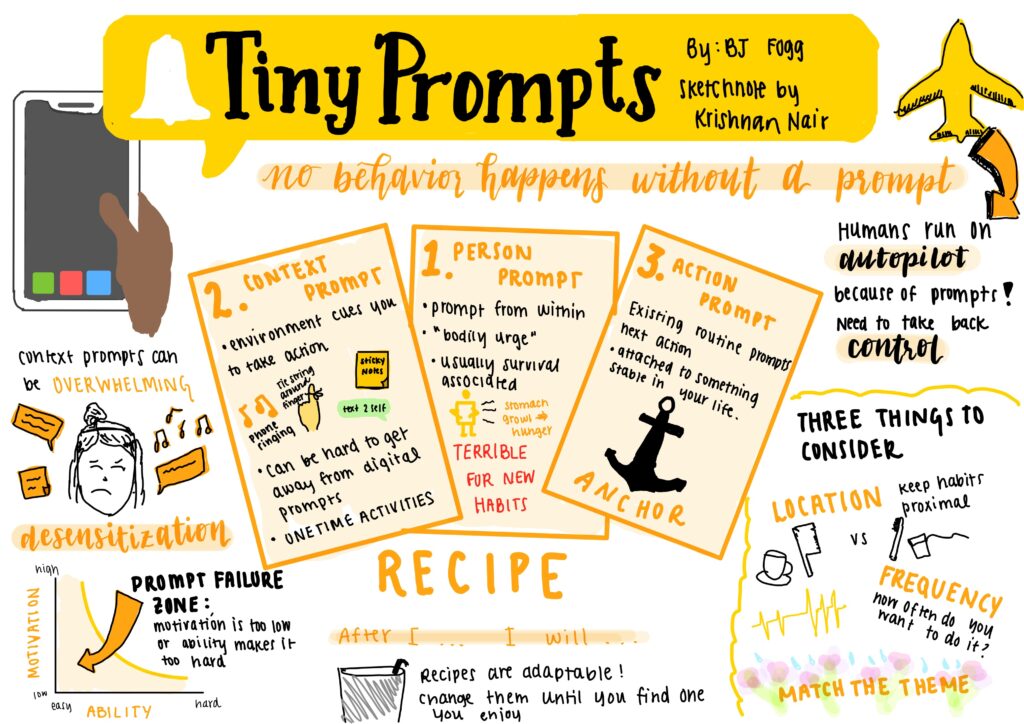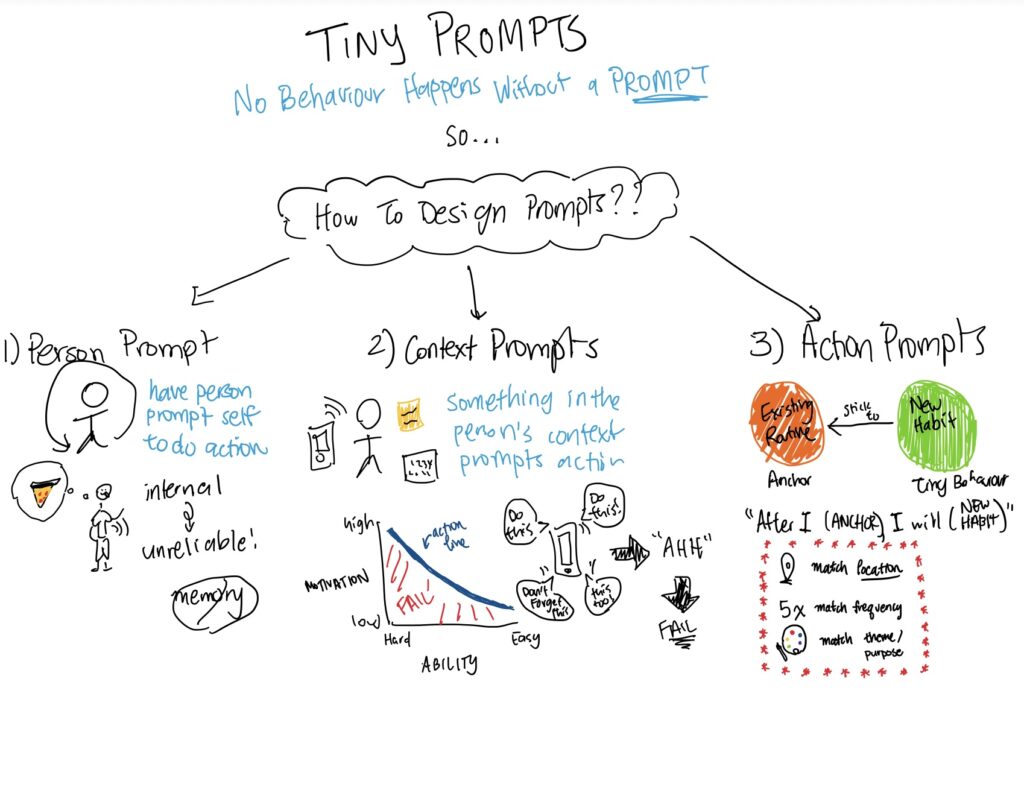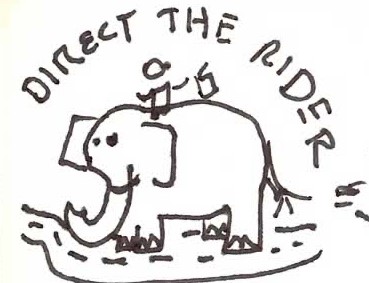Assumption Mapping Explanation
https://docs.google.com/document/d/1Vde92WoVUDWb4NON0P5Hno_xx-A9veY5j5xBfoF5T4U/edit?usp=sharing
Explanation of Tests
So far, it seems like our app relies on 3 main assumptions: people like to work with their friends, other apps haven’t approached this problem in a similar way to us, and people like having break reminders. In order to test the first assumption, we sent a survey to __ individuals, asking how difficult it is for them to schedule work sessions and whether they like working with their friends. With these questions, we hope to look at whether there could be demand for app or not. For our second test, we researched competitors and their approaches to facilitating work sessions between our friends. And lastly for the third one, we sent participants break reminders every 1 hour for a roughly 4 hour work session. With this, we were looking to explore how people feel with suggested break times.
Comparative Research
When2meet
- Helps groups find the best time to meet
- Very simple UI and compact
- Easy access from phone + laptop — just send link
- Everything in one page
- Free
- schedule a group meeting quickly and efficiently, the streamlined taskflow of When2Meet just feels right
- How is our product better than this? Feels less friendly but very efficient… no breaks?
Study Together (https://www.studytogether.com/)
- Enjoy studying alongside a global & motivated community
- might not be as catered to working people in a specific smaller community or very specific ppl like friends
- Find your study group, access exclusive study boot camps, get tutor support, or ask for community help. When you need a break, take a 5 min guided mindfulness session.
- Enter a study room, set your study goal, start the timer and enjoy learning! Your progress is tracked and gamified — and you get rewarded for your achievements.
- Different types of rooms: different music, wants (study vs study + chat), general rooms, pre-university/university rooms, subject-specific channels.
- Community tutors to help when you’re stuck
- Have break rooms:
- Together Sessions for a mindfulness session or a boot camp, or browse through a collection of audios and videos with meditation and breathing exercises. Progress through stats and community leaderboard. A gamified experience
- leaderboard can be problematic for reasons described in class (ex. Like Disney leaderboard tracking made ppl burnt out and competitive)
- On Study Together you can grab a snack or chat with a friend during your study break without being told off by the librarian.
StudyBuddy
- study session with a randomized partner picked from globally
- Typical flow: start a 50-minute session with a randomly matched friend. After talking very briefly about what you are going to do, let your session begin and everyone starts to get their work done.
- What’s interesting: you share the study session with your friends but the app will give you a randomly picked one to work with
- There is a place where you can rank how much the partner helped keep you accountable — your rating goes on your home profile page
- Zoom but with a scheduling helper
- App rating on the Apple App store: 5.0 (only one person has rated)
Survey Results
Do you like to work with friends?
- Yes
- Yes
- No (but most of my friends do)
- No
- Yes
When you want to work with others, how do you currently schedule that?
- Text individual people or message in our group chat
- Text people through SMS/text or snapchat, messenger
- I think when everyone’s really working there’s pressure to not distract. I don’t currently schedule that in.
- I message them the day of and remember.
How difficult is it to schedule times to meet and work with others?
- Really depends. For group chats, texts about working as a group can get lost with other messages in the chat. So that makes it hard to sync and find a time. If there’s many people interested it can be hard too… It also depends on whether I’m planning in advance or ahead of time, but I never plan on working with friends more than a day out since I work and think about work quite randomly (or as it comes up).
- The act of texting itself is not difficult but finding a time or getting a response sometimes is. I usually don’t schedule in advance in general — I just go to work at CoHo/starbucks then if I’m in the mood I text people. But it can be hard when you factor in response times, whether people are in class, how long you’re planning on working, etc. Sometimes by the time a friend responds and wants to come and work, I have class in 30 minutes, which isn’t often worth it for them to come all the way to work.But sometimes it works out really well, especially if they respond quickly or if I plan on being at a place and working for many hours
- On a scale of 1–10 like a 7 (difficult)
- It can be tricky coz schedules differ
How cumbersome is it to do your scheduling?
- Depends but see above.
- In general yes.
- A 6 (10 being most cumbersome)
- Not too cumbersome, the difficult part is finding an extended period of time that works.
We are currently working on an app that helps people schedule when they want to work with friends (or someone random on campus), pick types of activities they want to do when they take breaks (talk to friends, explore campus, go on a walk, etc), confirm those times, and export the times to a calendar.
Is this something you would be interested in trying out as an alternative to how you are scheduling times to work with friends? (yes/no)
- Yes
- Yes
- No
- Yes
Please explain your answer to the previous question.
- I’d be interested. I like working in big groups with my friends and have a fun study session so I’m curious in testing something that caters to that.
- Yeah, why not. I’m always down to try new alternatives. Just needs to be efficient, like less than 2 mins to schedule. I would get bored or tired and don’t have the patience if it’s anything longer, i think.
- I don’t work well when there’s other people there. I get more easily distracted by their presence or extra sound, etc. I need pure silence and to be in a specific mental state that i can’t be in with other people around. But nothing to do with your product in specific, it’s just me. Might try the work alone, but not sure what the point is. I guess I could test the breaks thing.
- I think it would take a lot of the busy work out of it and make finding a suitable time efficient.
- I think it will help with automatic synchronization.
Break Intervention
Friend 1: mixed — liked having a reminder to check in and not making her take a break but just making sure it’s on her mind. But felt like phone buzzing was distracting or interrupted her work flow or train of thought.
Friend 2: liked — has a bad habit of just grinding and getting exhausted, so break reminders helped her step away for a bit, even if it’s to just to stand up/walk around or drink some water.
Friend 3: Was indifferent — takes very intuitive breaks, not sure if the 1 hour reminders were entirely helpful, but didn’t think they were necessarily distracting. If they didn’t want to take breaks at the 1 hour mark, they ignored the suggestion (especially if they were in the work zone).
Friend 4: Liked it, feels like she has a short attention span and doesn’t focus for longer periods of time. The 1 hour break system forced her to work until she received the reminder (made her feel really productive).



